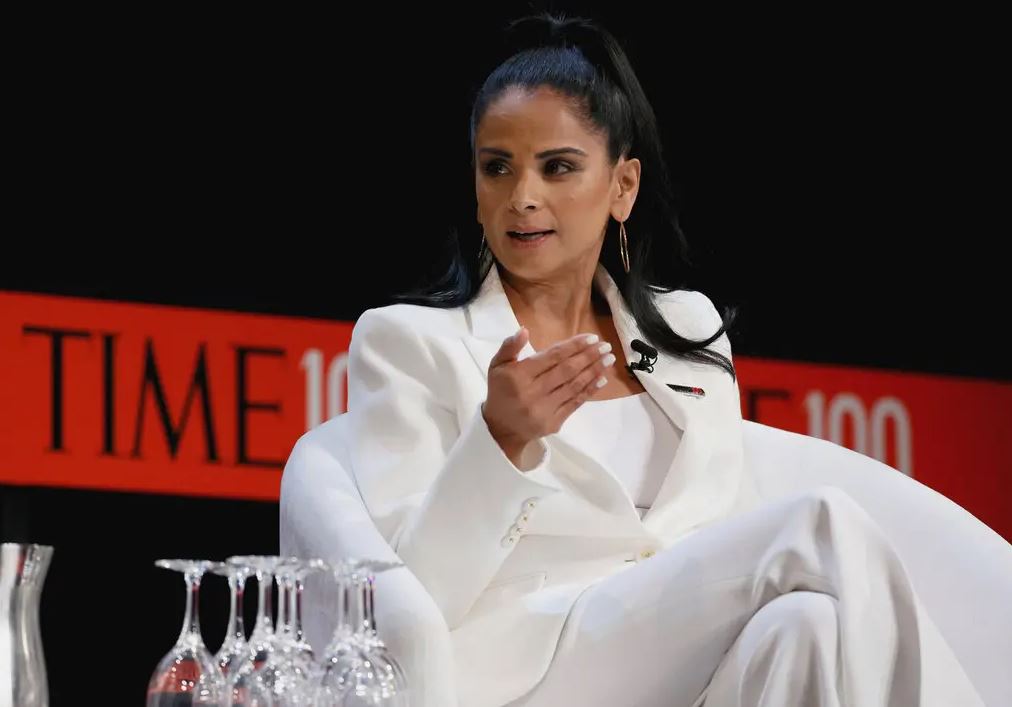Some people were taken aback by what Bela Bajaria, the president of worldwide television for Netflix, didn’t say when she was being recognised at the Banff Film Festival in Canada at the beginning of June. She said that despite the recent turbulence at the streaming behemoth, which included a loss of subscribers, hundreds of employee cutbacks, and a steep decrease in stock price, Netflix was pushing on as if there were no serious plans to adjust its programming efforts.
Reed Hastings, the co-chief executive of Netflix, doubled down on Ms. Bajaria’s message two weeks later, after the company had laid off another 300 people. He reassured the remaining employees that the future would, in fact, be bright, and that the company would hire 1,500 people in the next 18 months. This was after Netflix had laid off another 300 people.
Netflix has been at the forefront of change in the entertainment industry for many years, helping to revolutionise the way that people all over the globe watch movies and television shows. Now, facing the loss of subscribers for the first time in a decade — with more losses expected this year — Netflix’s primary response appears to be an effort to crack down on password sharing among friends and family members, in addition to the introduction of a lower-priced advertising tier. This comes as Netflix is confronted with the fact that more subscribers will be lost this year. There is a widespread fear, not just in Hollywood but also on Wall Street, that such actions will not be sufficient.
When Netflix made the shocking announcement in April that it will start showing advertisements on its platform, the entertainment industry was taken aback. What could possibly come after the shattering of this holy precept, according to which Mr. Hastings had long promised that Netflix would never even consider showing advertisements? Would there be a significant effort put out to get into theatres? Maybe Netflix should switch from the all-at-once binge model that they established to a weekly release schedule for its original programming in order to generate more buzz and word-of-mouth enthusiasm for their series. Would Netflix adopt a very different strategy to programming the shows and movies it offers?
Netflix has more than 221 million subscribers around the world because the company is willing to take risks. These risks include giving the green light to ambitious content, paying for shows it believes in regardless of whether or not they feature big names, and providing famous directors with a great deal of creative freedom. Because of its recent attitude of maintaining the status quo, some people are concerned that the corporation, which is recognised for its innovative approach to business, is moving away from that strategy at a time when putting more emphasis on it would be more beneficial.
And according to two sources who are involved with the discussions between Netflix and exhibitors, there are no active conversations surrounding any potentially theatrically exclusive releases at this time. Following its premiere at the Toronto International Film Festival, the much-anticipated sequel to “Knives Out” will be made available to stream on Netflix around the same time as the festival’s conclusion. It does not seem that there will be an exclusive, large theatre rollout. Netflix would not provide a statement about its approach to the theatre industry.
The most important adjustment that is on the horizon for Netflix is the introduction of an advertising tier, which the company has indicated to its staff members that it plans to launch before the end of the year. At the annual conference for the media buying business, which took place in Cannes the week before last, attendees expressed their enthusiasm over Netflix’s decision to enter the advertising market.
Mr. Hastings said that Netflix will collaborate with a third party organisation to assist it in launching its fledgling advertising business. According to a report in the Wall Street Journal, Google and Comcast were in the lead position to become that partner. However, advertising executives believe that building out the business at Netflix could take some time, and that the company may only be able to introduce the new tier in a select few international markets by the end of the year. This is one of the reasons why advertising executives are concerned about the future of Netflix.
In recent weeks, Netflix has also attempted to get authorization to display advertisements on licenced material by contacting the production studios from whom it purchases television episodes and movies. According to a person familiar with the situation who spoke on the condition of anonymity to discuss active talks, Netflix has discussed the possibility of paying additional money on top of its already established licencing fee while negotiating with Paramount Global. This would be done rather than giving the company a cut of revenue from future ad sales.
This is similar to the strategy that Netflix adopted with studios when it debuted its “download for you” option, which enabled customers to keep movies and television series on their devices so that they could view them when they were not connected to the internet. When Netflix decided to introduce that function, the executives behind the streaming service came to a deal with the studios that they would pay them a fee in addition to the licence agreement they already had.

